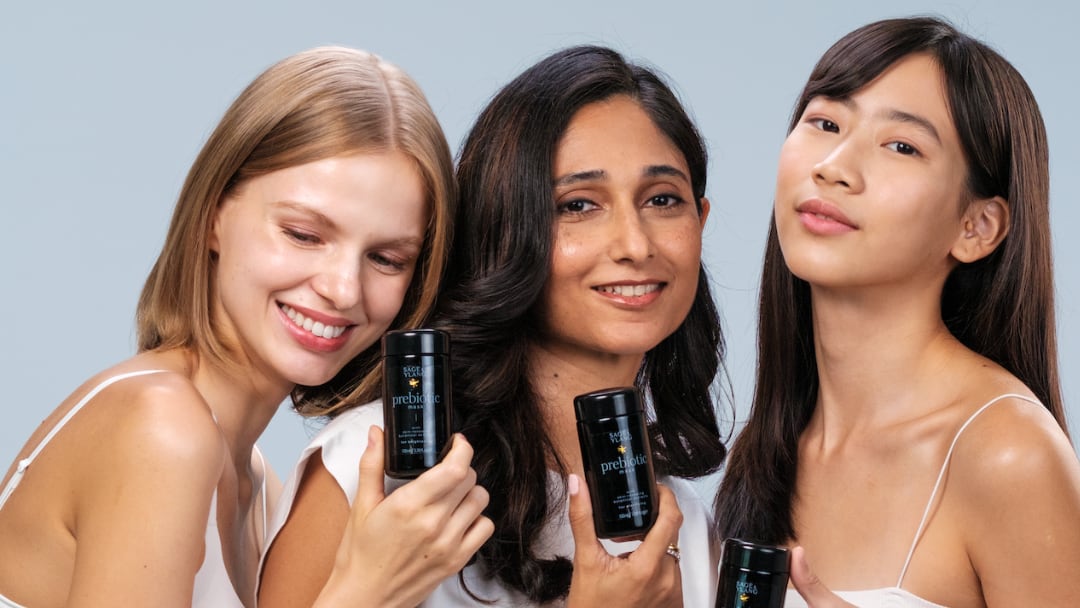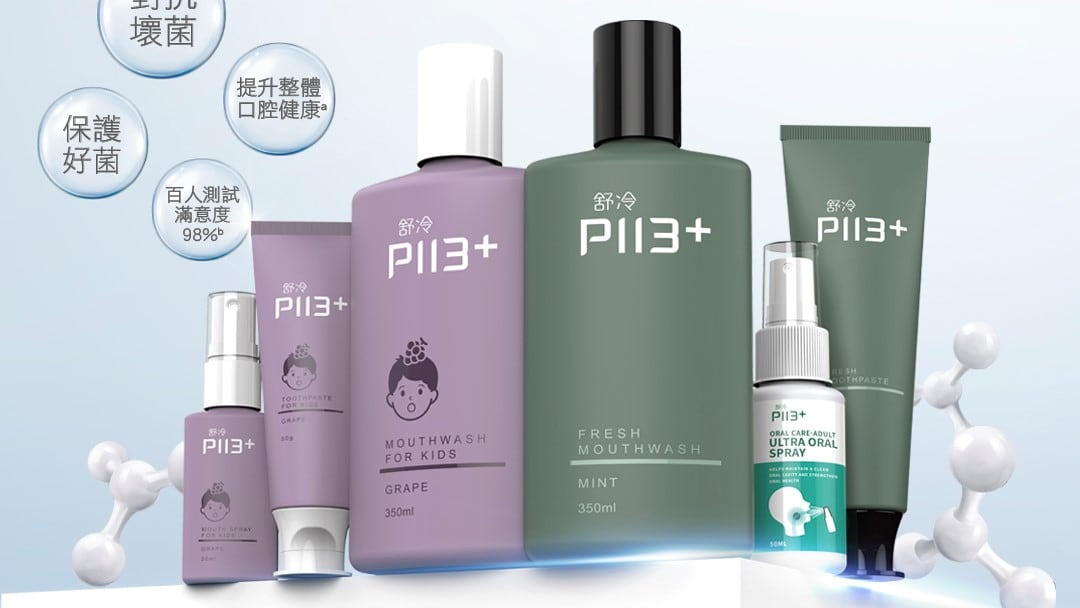The brand is relaunching its BiomeCare range of products as BiomeBalance and it will be reintrouduced as an acne treatment.
“The point of the relaunch was to make it clearer to consumers. It is an opportunity to educate them about the skin microbiome through this particular skin condition,” said Irene Chong, founder of Sage & Ylang.
The founder of the brand believes the overuse of the term ‘microbiome-friendly’ has adversely affected her brand.
The skin microbiome is an unseen universe with the vital importance of maintaining our overall skin health. As more research comes to the fore, it is clear that nurturing and preserving this microscopic ecosystem should be a cornerstone of any skin care regimen.
We have become obsessed with the skin microbiome for good reasons. However, the complexity of the subject has left a lot of room for myths and misconceptions to fester.
Chong believes that many beauty brands have jumped on the microbiome bandwagon for the sake of staying on trend.
In turn, this has created a saturated market where every other product has claimed to be ‘microbiome friendly’.
“I’ve seen a body wash marketed as being microbiome-friendly just because of it has a pH of 5.5. But there are other ingredients that can affect the microbiome, from preservatives to emulsifiers. The term has been watered down and people treat it as no big deal,” she told CosmeticsDesign-Asia.
Chong believes this overuse of the term has hurt smaller brands like Sage & Ylang, who take on the Sisyphean task of educating the consumer about the skin microbiome on a limited budget.
Lost among the hype
She said that because of this, the brand has “lost its place” among the myriad of brands making similar claims – some of which may or may not be substantiated by scientific evidence.
Chong hopes the relaunch of BiomeBalance can help to tackle this complex issue.
The line up consists of four products: cleanser, essence, moisturiser and booster.
Unlike conventional acne care products that focus on eradicating Cutibacterium acnes (C.Acnes), a type of bacteria that is commonly associated with acne, BiomeBalance focuses on rebalancing C.Acnes.
“Our approach focuses on rebalancing C.Acnes. The mechanism is to weaken acneic C.acnes strains and to favour growth of non-acneic strains. Unlike traditional solutions that often come with unwanted side effects, BiomeBalance harnesses the power of skin microbiota. This microbiota-friendly mechanism of action ensures effective acne reduction without compromising the health of your skin,” said Chong.
Sage & Ylang products have been certified microbiome-friendly by MyMicrobiome and Sequential Bio.
“I believe certifications can help reduce the problem. They are expensive because you have to go through the clinical trials but it’s important. I feel that it sets us apart; our double certifications are the proof of our commitment to being true to what we are claiming,” said Chong.
She acknowledged that certifications may not be the perfect solution and added that she would support cosmetic regulation on products that claim to be microbiome friendly.





